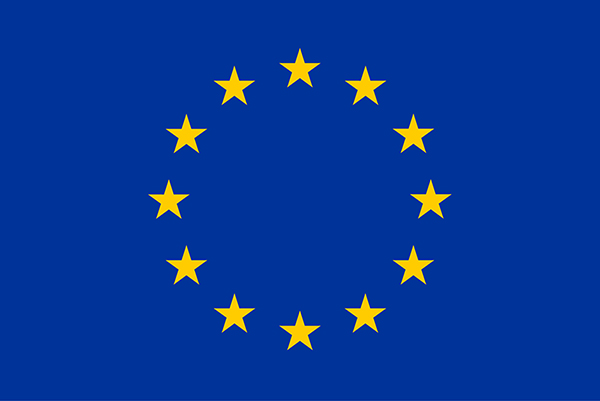2024-2026: Strengthening the Respect of Environmental Rights in Zambia

Project Summary
The ‘Strengthening the Respect of Environmental Rights in Zambia’ (SR4ERZ) project is a 3-year (2024 – 2026) collaborative effort by Hivos, the Centre for Environment Justice (CEJ), and the Zambia Institute for Environmental Management (ZIEM), with support from the European Union (EU). Its overarching goal is to bring about significant positive changes in Zambia’s environmental rights landscape. The project adopts a multifaceted approach to achieve this aim.
The project focuses on empowering civil society organizations (CSOs) and rights holders by providing them with technical knowledge of environmental rights and reporting channels. Capacity building workshops are conducted to offer training sessions and mentoring programs for both rights holders and duty bearers, enhancing their understanding of environmental rights issues and improving their response to such challenges.
Furthermore, the project advocates for policy improvements, including the establishment of an Environmental Court and the incorporation of environmental rights into legislation. It fosters networks among stakeholders, facilitating information sharing and solidarity. Additionally, it raises public awareness and respect for environmental rights through media campaigns and training initiatives for media actors, utilizing national print and digital platforms aligned with advocacy objectives.
Economically, the project supports duty-bearer groups in advocating for increased budget allocations, laying the groundwork for enhanced resource allocation. To achieve its objectives, the project actively tracks and lobbies for increased public finance allocations dedicated to environmental justice.
The project also provides support for national dialogues, such as the Environmental Protection Dialogue (EPD), Forest Indaba, and the Zambia Alternative Mining Indaba. This support, in the form of financial and technical assistance, enhances inclusivity and amplifies the impact of these dialogues.
Ultimately, the SR4ERZ project envisions a strengthened respect for environmental rights and improved access to a clean, safe, and sustainably managed environment in Zambia, all while maintaining a minimal environmental footprint in its operations.
Project Objectives
The project’s objectives are threefold:
- To empower civil society organizations (CSOs) and rights holders by enhancing their technical knowledge and capacity to exercise their environmental rights;
- To strengthen the capacity of duty bearers, such as government agencies, to effectively implement and enforce environmental laws;
- To enhance dialogue and collaboration among stakeholders to improve the regulatory environment and ensure accountability.
Overall Goal
The overall goal of the project is to foster a significant and lasting improvement in the respect for environmental rights throughout Zambia. This involves empowering CSOs and rights holders, enhancing duty bearers’ capacity to enforce laws, and advocating for policy reforms. Ultimately, the project aims to create a Zambia where environmental rights are upheld, leading to a cleaner, safer, and sustainably managed environment.
Expected Results
- Increased technical knowledge and awareness among civil society organizations (CSOs) and rights holders regarding environmental rights and reporting channels.
- Enhanced capacity of duty bearers to acknowledge, respond to, and address environmental violations effectively.
- Lasting improvements in the regulatory environment through evidence-based advocacy campaigns, including the establishment of an Environmental Court and the incorporation of environmental rights into legislation.
- Strengthened social networks among stakeholders, facilitating information sharing and solidarity within communities.
- Heightened public awareness and respect for environmental rights through targeted media campaigns and training initiatives for media actors.
- Support for duty bearer groups in advocating for increased budget allocations for environmental rights, paving the way for improved resource allocation.
- Strengthened institutional capacity and compliance systems of participating organizations, positioning them for future funding opportunities and sustainability.
- Overall, the project aims to contribute to a Zambia where environmental rights are respected, leading to a cleaner, safer, and sustainably managed environment for all its inhabitants.
Project Implementation Areas
The CEJ specific districts of implementation under this project include: Sinazongwe, Kabwe and Serenje
